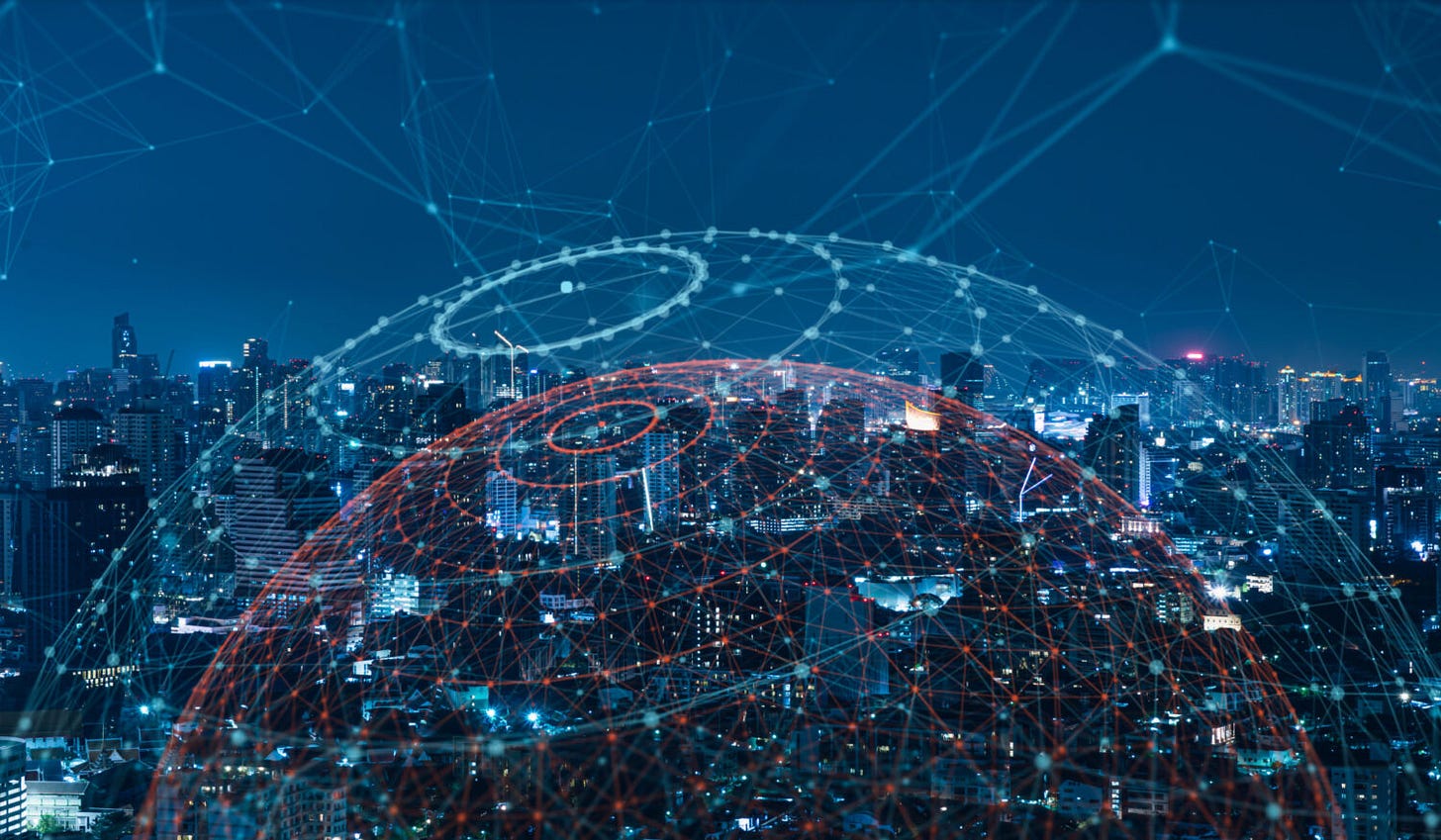(This article won CityDAO’s writing contest, answering the prompt: "What major problem could potentially be resolved with a network city and how?")
“It was easier to start Bitcoin than to reform the fed. It is easier to start a new city than to reform San Francisco.” - Balaji Srinivasan
We live in a time of alienation and apathy. The rise of the internet has allowed us to connect with people around the world who share our passions and ideals, but in doing so the differences felt between us and our neighbours has amplified. The tendency for online communities to create echo chambers reduces the tolerance we have for those who think differently than we do. These feedback loops culminate in the “Culture War” we have all grown familiar with. People feel strong solidarity within their online communities which turns to anger and alienation when they do not see these values reflected in their real-world counterparts.
In the wake of the pandemic, online and social tensions are at an all-time high and it doesn’t seem that the tide will be shifting anytime soon.
What’s to be done about this?
Normally when asked how we can change society to better reflect our values, democracy is the tried and true answer. Let the people decide what they want and rule over themselves. The problem with democracy is that it only functions to serve the majority. And even then, compromises must be made in order to form a functional majority. No one gets exactly what they want, but the niche, minority communities are especially unfulfilled. Democracy creates political antagonism by forcing people with different values to fight over the same scrap of voting power. What if, instead, people simply moved somewhere that reflects their values? Voting with their feet and wallets rather than their ballots?
This is the future that network cities enable.
A network city emerges through a collection of individuals, united by a common set of values and ideals they would like to see actualized. A traditional city grants membership to their citizens by birth, but a network city is chosen. By needing to opt-in and through having skin-in-the-game, membership self-selects to those who are passionate and serious about enacting meaningful political change.
Democracies must encourage apathetic citizens to participate in the process of shaping their communities with no guarantee that their desires will become reality. A network city, on the other hand, is a volitional community which forms online and only later acquires territory in the real world. This terra nova is to be used for a pre-established purpose reached by the consensus of its citizenry. Thus, political misery can be reduced through a multiplicity of viable alternatives rather than an endless battle of attempting to reshape the status quo.
Instead of trying to reform existing institutions and forcing your political desires upon others, it is better to simply create alternatives and pull their customers. There can be cities for both techno-futurists and back-to-the-landers, hyper-capitalists and socialists. There is no innate conflict between any of these groups, democracy simply creates the illusion of conflict by insisting upon consensus amongst disparate communities.





I tried going city dao discord and am getting autokicked.. @neuralearthdao is my handle on twitter and my discord is gohkuneo please help